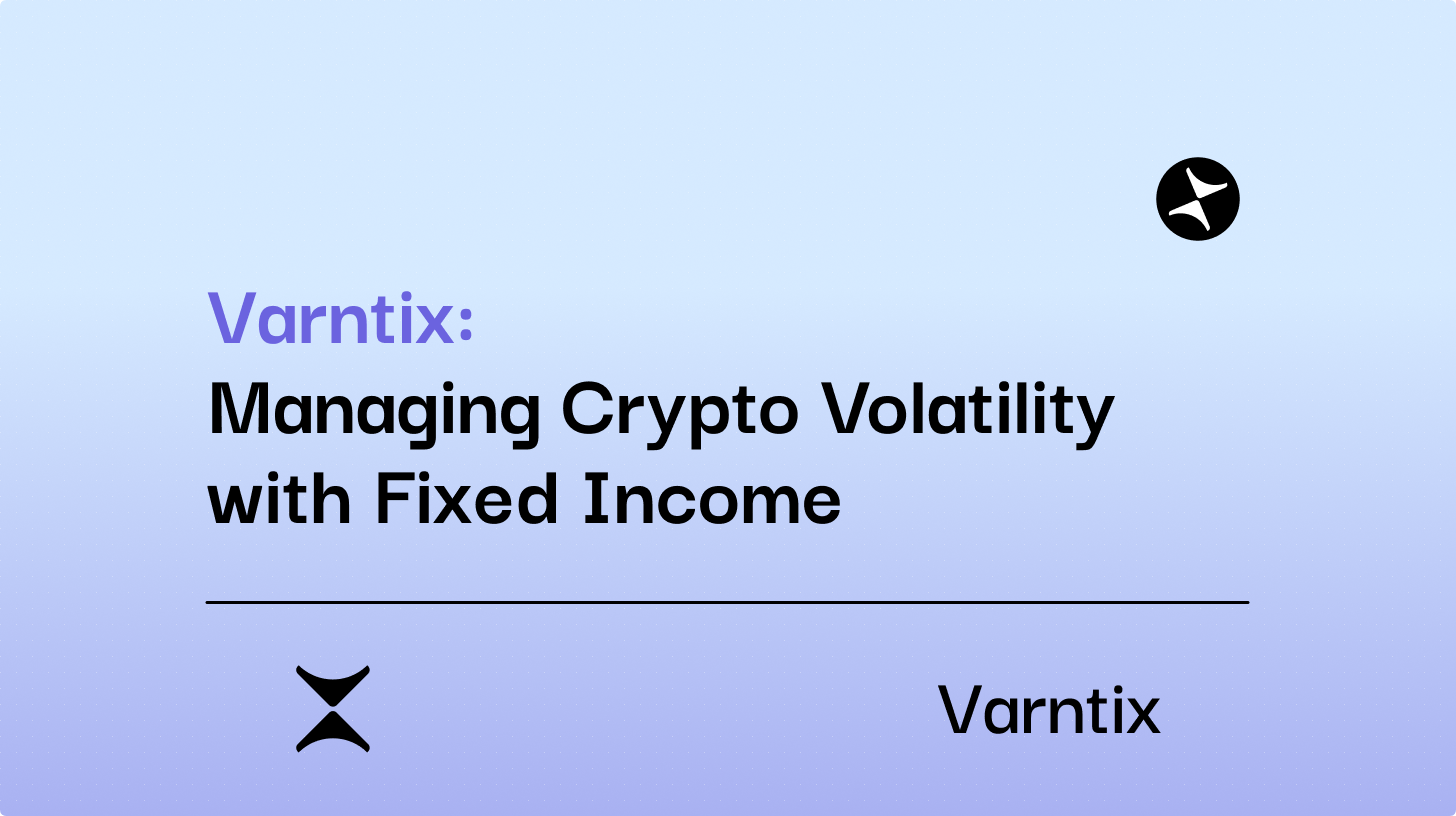Exploring the Power of P2P Decentralized Exchanges
Quick Guide to Peer-to-Peer Decentralized Exchanges
A Peer-to-Peer Decentralized Exchange, commonly referred to as a P2P DEX, is a kind of cryptocurrency marketplace where traders can exchange digital currencies directly with one another, bypassing the need for any middlemen. These exchanges operate on decentralized networks that leverage smart contracts and blockchain technology to enable safe and transparent trading. By using P2P DEX platforms, participants gain enhanced control over their assets, improved privacy, and a reduced dependency on centralized entities.
Understanding the Functionality of P2P DEX
P2P DEX platforms function on a decentralized network, usually constructed on blockchain infrastructure. Here's a detailed guide to how they operate:
- Creating an Account: Users begin by registering on the P2P DEX platform, which then generates a distinct wallet address for each individual.
- Funding Wallets: Participants transfer their digital assets to the wallet provided on the P2P DEX platform.
- Order Creation: Traders can issue orders to buy or sell, detailing the price point and volume of the digital currency they wish to trade.
- Order Matching: The P2P DEX system aligns buy and sell orders based on defined parameters, ensuring both parties consent to the trade conditions.
- Executing Smart Contracts: Upon reaching a trade agreement, a smart contract is deployed on the blockchain. This contract holds the assets in escrow until the transaction completes.
- Finalizing the Trade: Once the transaction concludes, ownership of digital assets transfers directly between the traders' wallets, and the smart contract releases funds to both parties as agreed.
Benefits of Using a P2P DEX
Compared to traditional centralized exchanges, P2P DEX platforms offer multiple benefits:
- Enhanced Security: By eliminating the necessity for a centralized authority to manage funds, P2P DEX platforms drastically reduce the risk associated with hacks or theft, since transactions occur directly between users.
- Improved Privacy: These platforms emphasize user privacy, enabling trades without the need to reveal personal information. Users retain control over their identity and transaction history.
- Autonomy: Users keep full control over their assets, stored securely in personal wallets, averting the need to deposit funds into centralized exchanges and minimizing risks from potential exchange hacks or mismanagement.
- Universal Access: P2P DEX platforms empower users globally to trade freely without regional restrictions or prohibitions.
- Resistance to Censorship: Operating on a decentralized framework, P2P DEX platforms are immune to censorship, ensuring transactions cannot be obstructed or reversed by any governing authority.
Obstacles and Constraints of P2P DEX Platforms
Despite many advantages, P2P DEX platforms also encounter specific challenges and constraints:
- Limited Liquidity: These platforms may suffer from lower liquidity compared to centralized exchanges, which can complicate finding trade partners for specific transactions.
- Complex Interface: The interface and user experience might be more challenging and less straightforward than those of centralized exchanges, potentially alienating users who are less technically inclined.
- Volatile Pricing: With reduced liquidity, P2P DEX platforms might experience heightened price volatility, leading to potential slippage and less optimal trade execution.
- Scalability Issues: Some platforms face scalability hurdles due to the limitations inherent in their blockchain network, which can slow transaction times and increase fees during high demand periods.
Notable Examples of P2P DEX Platforms
Within the cryptocurrency sphere, several notable P2P DEX platforms exist. Some well-known examples are:
- Uniswap: Functioning on the Ethereum blockchain, Uniswap is a decentralized exchange allowing users to trade ERC-20 tokens directly from their personal wallets.
- Binance DEX: Binance DEX is a decentralized trading platform crafted by Binance, one of the largest centralized exchanges, operating on the Binance Chain and enabling trades across various cryptocurrencies.
- 1inch: 1inch serves as a decentralized exchange aggregator, sourcing liquidity from multiple P2P DEX platforms to offer users the most advantageous trading rates.
Final Thoughts
P2P DEX platforms are transforming digital asset trading by removing intermediaries and offering enhanced control, privacy, and security. Although they face challenges like liquidity constraints and complex user interfaces, their benefits make them an appealing choice for those looking for a decentralized, independent trading experience.









